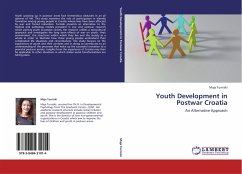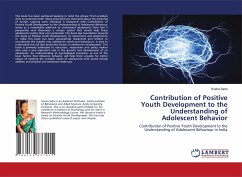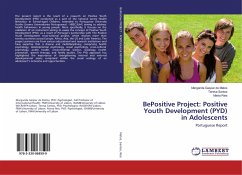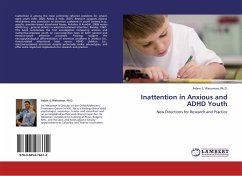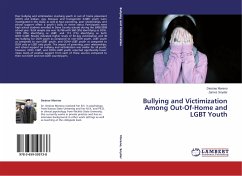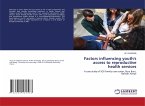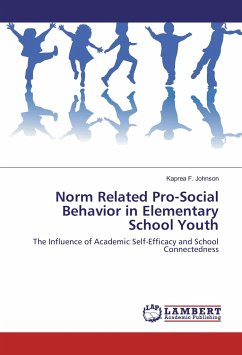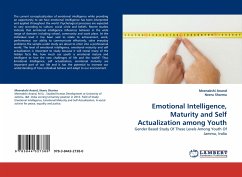Youth growing up in postwar areas face tremendous obstacles in an all spheres of life. This study examines the role of participation in identity formation among young people in Croatia whose lives have been affected by war and forced relocation. Turniski presents an alternative to the medical and pathology models prevalent in war and postwar research which portray youth as passive victims. Her research utilizes a sociocultural approach and investigates the long term effects of war on youth, their environment, the structures within which they live and the society as a whole in order to illustrate how these young people understand their complicated life situations and circumstances. The study focuses on the experiences of youth and their contexts and in doing so contributes to an understanding of the processes that make up the successful transition to a peaceful postwar society. Insights from the experience of Croatia may then be applicable to other situations in which similar social transformations are taking place.
